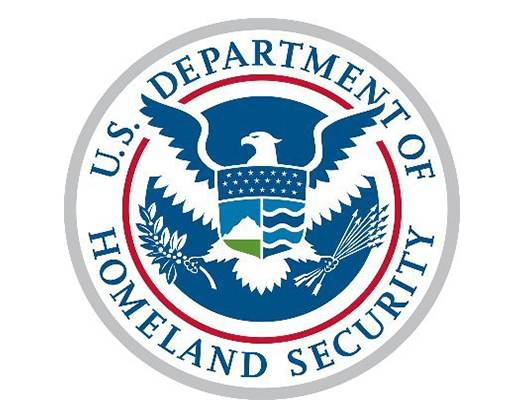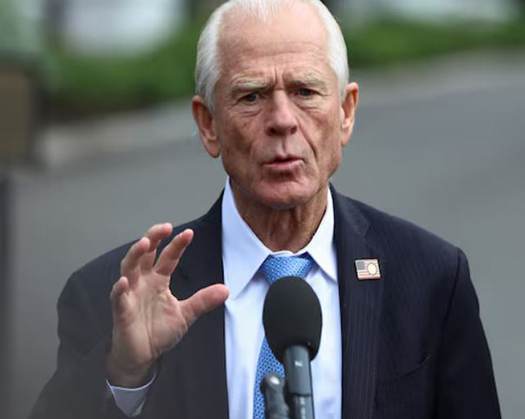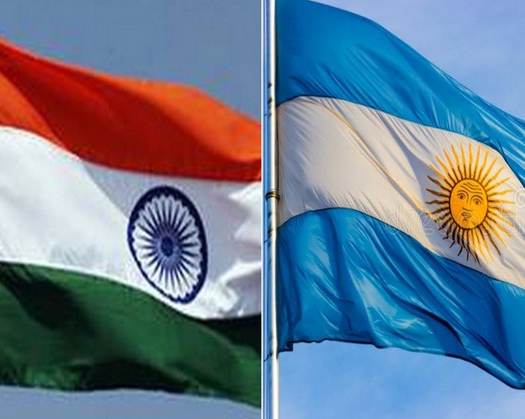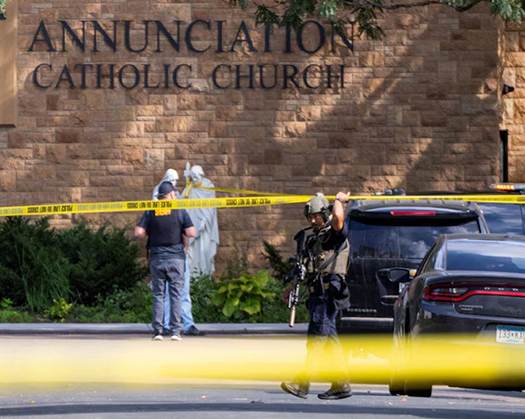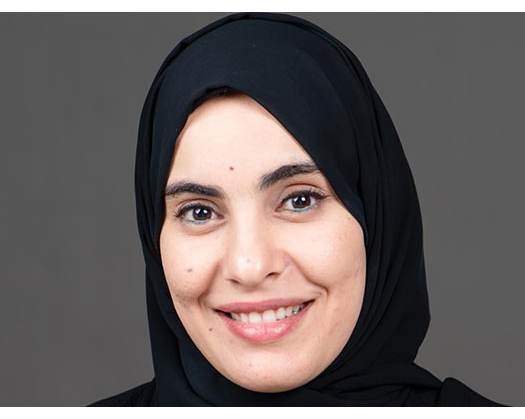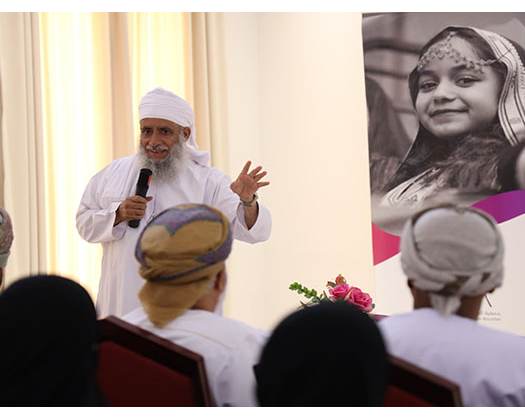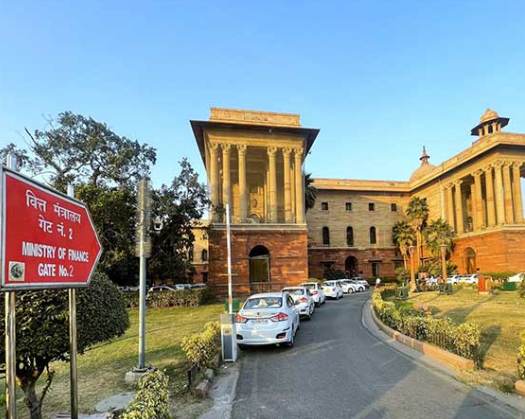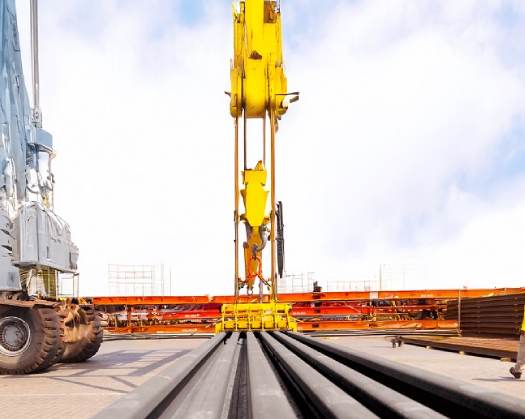Washington: The Trump administration imposed limitations on the I visa category for foreign reporters living in the United States on Wednesday (local time). While the proposed 240-day restriction is not directly linked to this administration's policies, a similar regulation change occurred during this period.
The provision seeks to replace the long-standing custom of allowing the majority of media personnel for as long as they have qualifying employment abroad, which was implemented in 1985. DHS believes that the indefinite status model hindered oversight, fostered fraud and abuse, and restricted the government's ability to assess compliance.
The Trump administration has decided to limit the length of visa categorization I, which is given to foreign journalists intending to report on the United States. According to the offer, the United States and visa extension will be given only if the immigration officer is persuaded of the journalist's activities. From Kristi Noem, Secretary of the United States Department of Homeland Security.
Currently, a foreign reporter is allowed to live and work in the United States for the length of their engagement with a foreign news organisation. Now, a 240-day time limit is proposed, with an extension granted only if the immigration official is happy with the journalist's actions.
DHS has justified the change as required to enhance border control and bring I visa admission standards into conformity with the set deadlines imposed to most other nonimmigrant categories. It stated that the new government will offer greater safeguards and supervision, as well as guarantee that international press representatives are solely involved in their professional responsibilities. allowed to perform professional tasks while in the United States.
Meanwhile, on May 11, 2020, the Department of Homeland Security (DHS) issued a final regulation limiting the admittance term for Chinese journalists with I visas. to 90 days, rather than letting them stay for the duration of their status.
The proposed regulation would set a set period for F visas for overseas students and J visas for visitors engaging in cultural exchange programs. to work in the United States, I require visas for media professionals.
The I visa is for foreign journalists, media professionals, and representatives of foreign media organizations who want to visit the United States to collect information, produce documentaries, Alternatively, they can cover events for foreign media outlets.
To be eligible for an I visa, applicants must be employed by a foreign media organization, engage in news gathering or reporting operations, and create noncommercial content. According to the plan, the content is designed for a foreign audience.
In most cases, visa holders are allowed to stay for the duration of their status, however there are special regulations for Chinese reporters, who are only permitted for a maximum of three months. They have the opportunity to extend their 90-day stay by another 90 days if they can show that their actions are consistent with their classification.
Foreign reporters must seek for an I visa at a US embassy or consulate, demonstrating confirmation of affiliation with a foreign media outlet and intent. To engage in media operations in the United States.
According to the application, I visa criteria include evidence of employment with a foreign media organisation headquartered outside the United States; intention to engage in news reporting, commentary, or criticism. The gathering, reporting, and documentary creation and operations must be informative, noncommercial, and directed at a foreign audience.
This action is part of a larger effort to tighten legal immigration regulations in the United States. According to the proposed rule, F visas for foreign students will be limited to four years or the program completion date, whichever is less, plus a 30-day grace period. Students must request for extensions before their admission expires.
J visas for exchange guests are granted for a set length of time, often up to four years, with the possibility of renewal.
For journalists who have I visas, the validity term is limited to 240 days, with the potential of extensions. Chinese citizens would face an even shorter term of 90 days.
More than 1.6 million foreign students on F visas in the United States would be affected. Around 355,000 exchange visitors and 13,000 members of the media who were given visas in fiscal year 2024 would be impacted.
NAFSA, a nonprofit organisation that represents international educators, opposed a similar plan in 2020 and asked for its rejection. The Biden administration reversed the 2020 proposal in 2021.
Once the proposed regulation is published in the Federal Register, the public has 30 days to remark.

